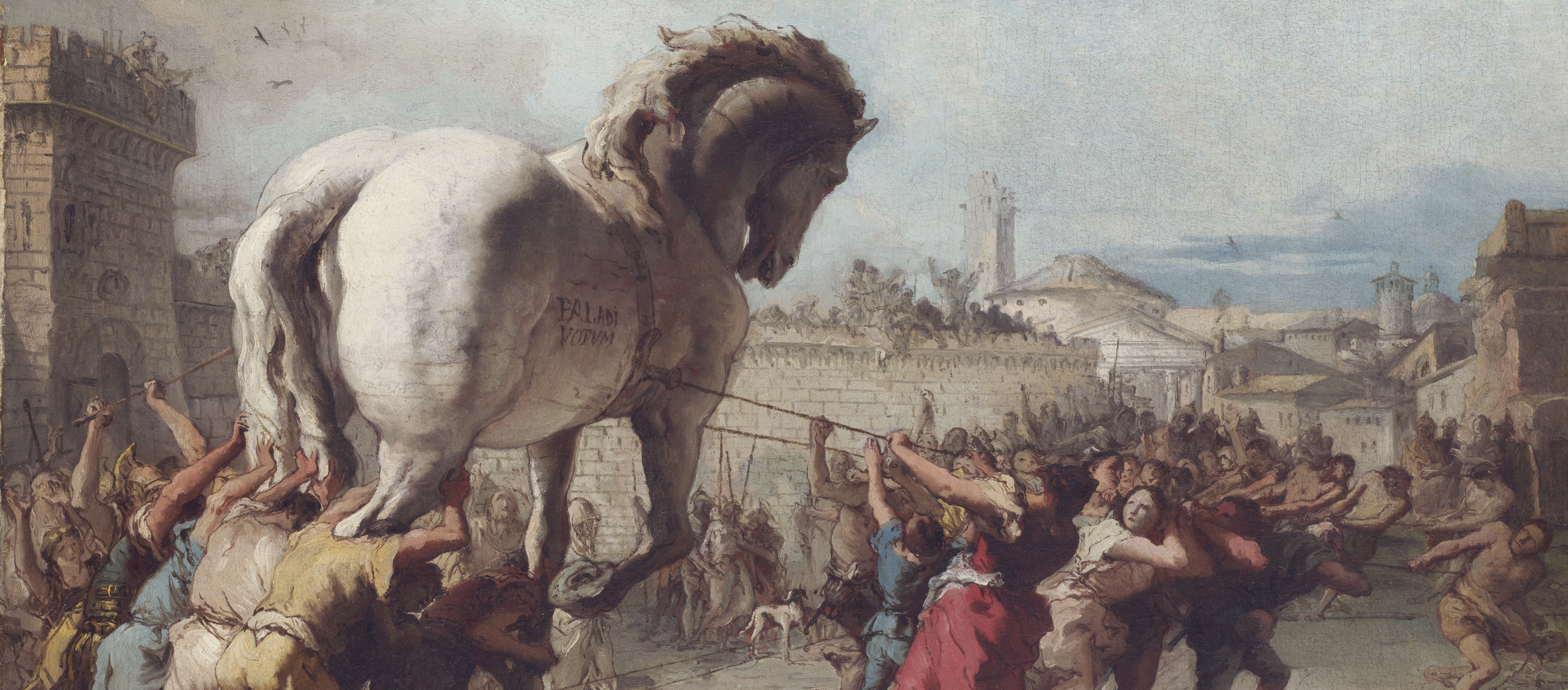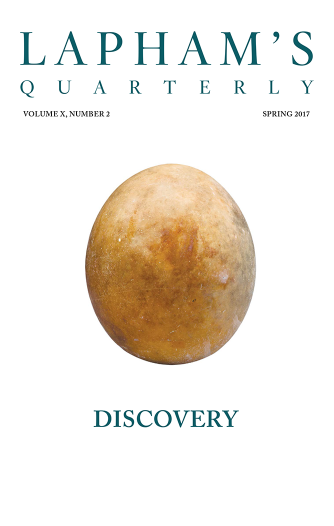Men were born to lie, and women to believe them.
—John Gay, 1728Papal Fallibility
Martin Luther has some complaints.
Now the greater part of the Roman communion, and even some of the popes themselves, have forsaken the faith wantonly and without struggle, and live under the power of Satan, as is plainly to be seen, and thus the papacy often has been under the dominion of the gates of hell. And should I speak quite openly, this same Roman authority, ever since the time it has presumed to soar over all Christendom, not only has never attained its purpose, but has become the cause of nearly all the apostasy, heresy, discord, sects, unbelief, and misery in Christendom, and has never freed itself from the gates of hell.
And if there were no other passage to prove that Roman authority was of human and not of divine right, this passage alone would be sufficient, where Christ says, the gates of hell shall not prevail against his building on the rock. Now the gates of hell often had the papacy in their power, at times the pope was not a pious man, and the office was occupied by a man without faith, without grace, without good works; which God would never have permitted if the papacy were meant in Christ’s word concerning the rock. For then he would not be true to his promise, nor fulfill his own word; therefore the rock, and the building of Christ founded upon it, must be something entirely different from the papacy and its external church.
Accordingly I say further, that the Roman bishop has often been deposed or appointed by other bishops. If, however, his authority were by divine appointment and promise, God would never have permitted this to happen, for it would be against his word and promise. And if God were found to be unfaithful in so much as even one word, then would perish faith, truth, the scriptures, and God himself. But if God’s words stand firm, then my adversaries must prove to me that the pope was never subject, even once, to Satan or to man. I would much like to hear just what my good Romanists have to say to this. I trust they are slain with their own sword, like Goliath. For I can prove that the papacy has been subject not only to Satan, but to other bishops, yea, also to temporal powers, to the emperors. How did the rock prevail then against the gates of hell? I will leave the choice to them: either these words mean defeat for the papacy, or God is a liar. Let us see which they will choose.

The Procession of the Trojan Horse into Troy, by Giovanni Domenico Tiepolo, c. 1760.
Nor is it enough that you try to squirm out of the dilemma by saying that even if the papacy has been under Satan now and then, yet there have always been pious Christians under it. I reply: under the rule of the Turk there are Christians, and likewise there are Christians in all the world, as there were formerly under Nero and other tyrants. How does that help you? The papacy and the pope himself must at no time have been under Satan if Christ’s word refers to them when he speaks of “a rock set against the gates of hell.” See, thus do the Romanists interpret the scriptures in accordance with their mad folly. Faith they turn into authority, spiritual edification into outward show, and yet they are not heretics—they make all others to be the heretics. Such are the Romanists.
Another passage that they cite in support of their contention is that in which the Lord says three times to Peter, “Feed my sheep.” Here they reach real eminence as theologians when they say: since Christ said to Peter in particular, “Feed my sheep,” he thereby conferred on him authority above all others.
Now we shall see to what labor and pains they are put to bring about that result. In the first place, we must know what they mean by “feeding.” “Feeding,” in the Roman sense, means to burden Christendom with many human and hurtful laws, to sell the bishoprics at the highest possible price, to extract the annates from all benefices, to usurp authority over all foundations, to force into servitude all the bishops with terrible oaths, to sell indulgences, to rob the whole world by means of letters, bulls, seals and wax, to prohibit the preaching of the gospel, to appoint knaves from Rome to all the places, to bring all litigation to Rome, to increase quarrels and disputes—in short, to allow no one to come freely to the truth and to have peace.
But if they say that by “feeding” they do not understand such abuse of authority, but the authority itself, it is simply not true. And I prove it in this wise: where one protests very mildly against such abuse, and with all deference to the authority, they rail and threaten thunder and lightning, they clamor that it is heresy and high treason, that it is a rending of the seamless garment of Christ, and they would burn up the heretics, rebels, apostates, and everybody in the whole world. By all of which it is clear that they hold “feeding” to mean nothing else but such preying and flaying. In the meanwhile, however, we think that feeding does not mean preying on others. Let us endeavor to see what it means.
They have a high-sounding, keen, and subtle speech—as they imagine—when they say that person and office are not one and the same, and that the office remains, and remains good, though the person be evil. From this they conclude, and it must indeed follow, that the word of Christ, “Feed my sheep,” means an office of external power, which even an evil man may have, for the office makes no one holy. Very well. This is acceptable to us, and we will ask the Romanists a question. Whoever keeps and fulfills the word of Christ, he is truly obedient and pious, and shall be saved, for his words are spirit and life. If, therefore, “feeding” means to sit in the highest place and to have an office—even if the incumbent be a knave—it follows that he feeds who sits in the highest seat and is pope; and whoever does this work of feeding is obedient to Christ; and whoever is obedient in one particular is obedient in all and is a saint. Therefore it must be true that whoever is pope and sits in the chief room is obedient to Christ and is a saint, though he be a knave, or a rogue, or whatnot. Have thanks, my dearest Romanists! Now I know, for the first time, why the pope is addressed as “your holiness.” Thus must the word of Christ be explained, so that knaves and rogues are made out to be holy and obedient servants of Christ.

Martin Luther
From “On the Papacy in Rome: An Answer to the Celebrated Romanist at Leipzig.” The Roman Catholic whom Luther answered was Augustine Alveld, who earlier in the year had published a tract presenting Old and New Testament verses as proof of papal primacy. Alveld also called Luther a “madman” and a “wolf among sheep.” Luther rejected categorically the notion that the papacy was a divine institution. Shortly after his excommunication in 1521, he was ordered to appear before the Diet of Worms, where he refused to recant beliefs and is said to have remarked, “Here I stand. I cannot do otherwise. God help me. Amen.”

